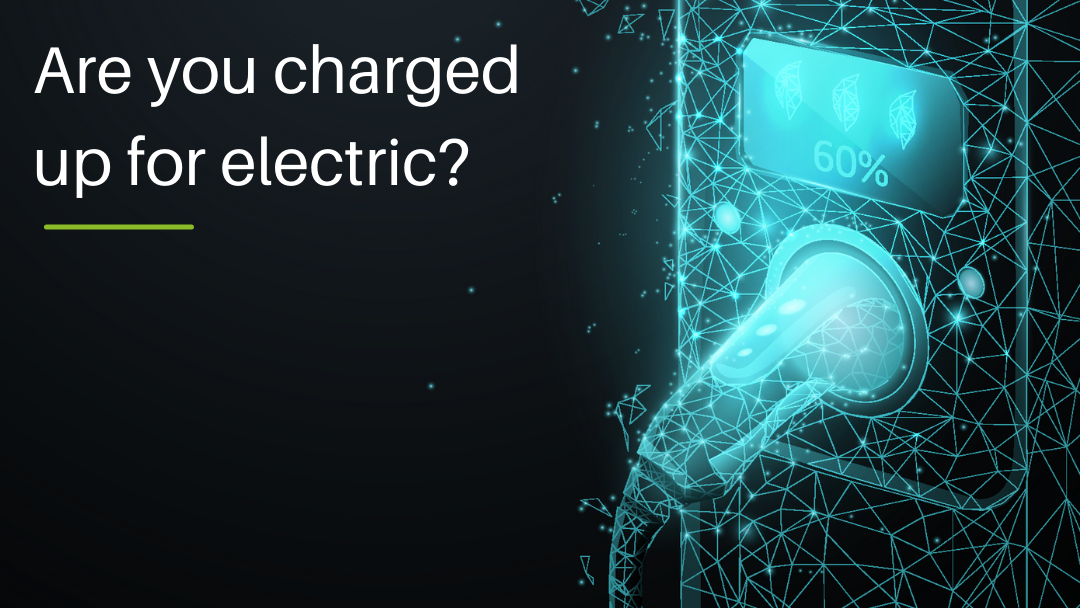By Nicholas Keefe, Project Improvement Manager at JCT600 VLS
Electric vehicles (EVs) are certainly gaining in popularity, particularly as the barriers to adoption across fleets reduce. However, there is still some uncertainty not only for businesses but from a practical charging point of view for the drivers themselves. So, how much does it cost to charge an electric car? And where do you start?
It’s not a simple answer unfortunately, as there are multiple factors that need to be considered. These include the cost of electric, the distance the car will travel, as well as where and when you will charge the vehicle. You may or may not have the ability to charge your vehicle at home, or the length of journeys may require the battery to be topped up on route. Whilst these are all areas that will influence your decision, the good news is that an electric vehicle is still likely to cost you less in fuel as electricity costs much less than a petrol or diesel internal combustion engine (ICE) vehicle.
Most websites or calculation tools tend to focus around one charging solution and one electricity cost. We truly believe a one-size-fits-all approach doesn’t work and the same applies here. Providing a cost based on one solution and tariff can be very misleading and not provide drivers with the full picture.
As the UK continues to open up and business travel increases, it’s important that drivers understand the real cost of running an EV. In an ideal world you could run the car for a number of months and then look at the actual running costs and how much electricity you have used. However, that’s not possible and certainly doesn’t help you when ordering the car.
Manufacturers of EVs are very good at promoting the miles per kWh (kilowatt hour) value their car will travel, but this alone only tells half the story. The key value that will make the most sense to drivers is the pence per mile. Manufacturers cannot provide this information easily as everyone’s situation, charging habits, location and costs all differ.
This was one of the many challenges we wanted to help solve when we developed Origo, our latest technology platform to simplify the customer journey. If you select an EV in Origo, it enables the user to specify their charging expectations. By using a percentage value for home charging (on reduced tariff or standard), and the different public charging options, including rapid chargers and free charging, Origo calculates an average pence per kilowatt hour (kWh). Origo then combines this with the vehicle’s efficiency and confirms a total pence per mile cost; giving the driver a holistic view of the actual costs involved of running an electric car.
It is worth noting that we all drive differently, and this can also affect the running cost. Some drivers are more efficient and utilise lift and coast, modulate acceleration and brake to the minimum, while others may be a little more spirited (within the rules of the road, of course). This will naturally affect the efficiency and thus the cost per mile. So, here is our final party trick in the EV cost calculation! We enable the driver to adjust the efficiency of the vehicle to reflect their real-world driving habits, cumulating the user’s tailored accurate estimation of the total monthly electricity costs, alongside other costs to the driver, including Benefit in Kind (BIK) monthly cost to present a holistic cost summary.
In a few months’ time I will be starting my own journey to review my options for my next company car (with the expectation of a long lead time, but that’s a story for another day), and having a home charger already installed for my current plug-in-hybrid, a fully electric vehicle will certainly be on my list to consider. Having the ability to understand accurate charging costs will be invaluable in helping me to make my decision. Then it’s time for me negotiate the other barriers, including range anxiety on longer journeys, availability of EV vehicles and the wider public charging infrastructure’s reliability. If they can respond to and address these issues, combined with Origo then ‘viva la electric revolution’ and pass me the keys.

